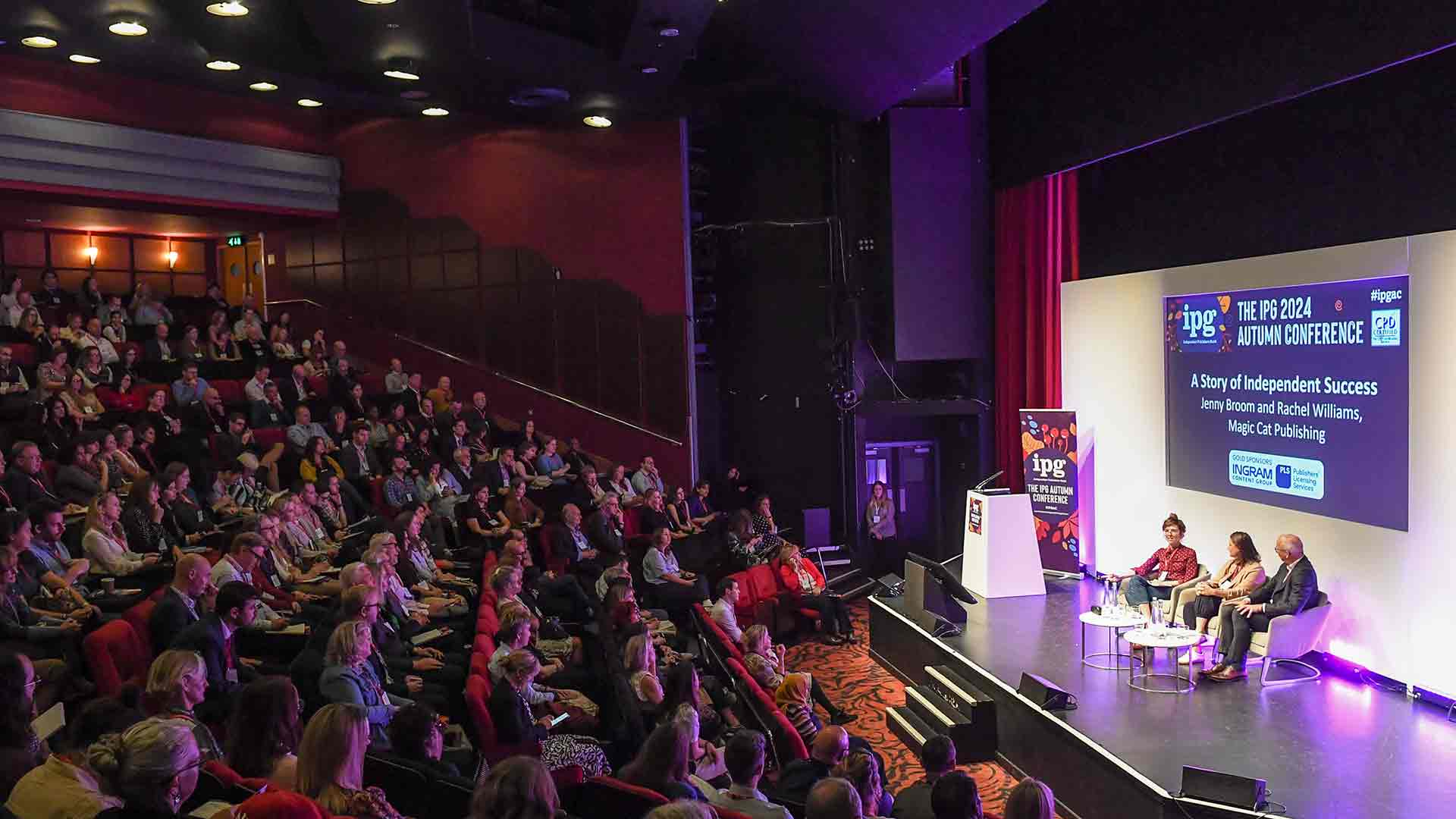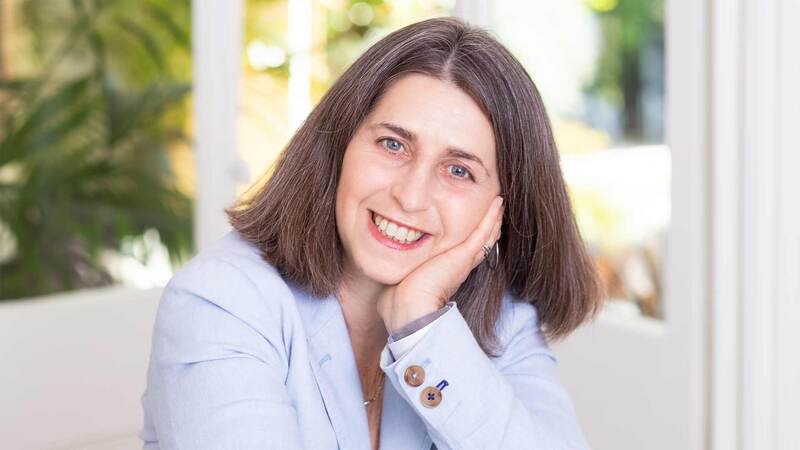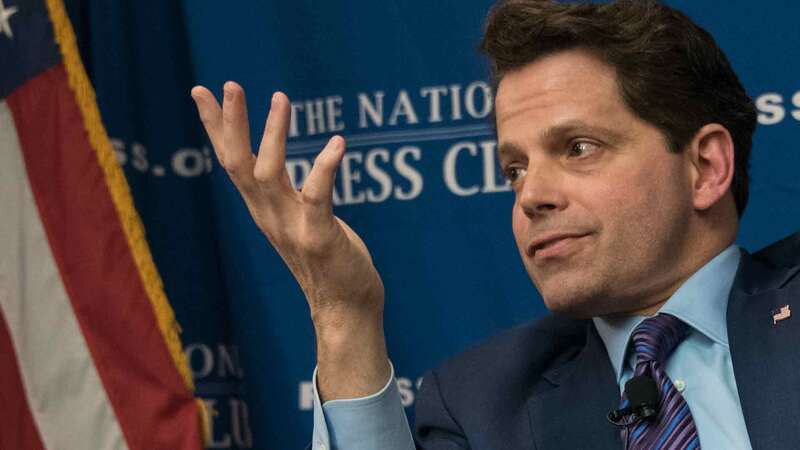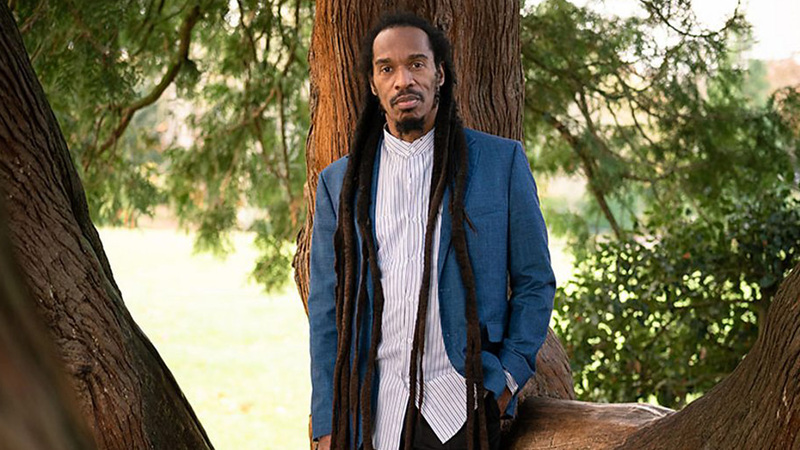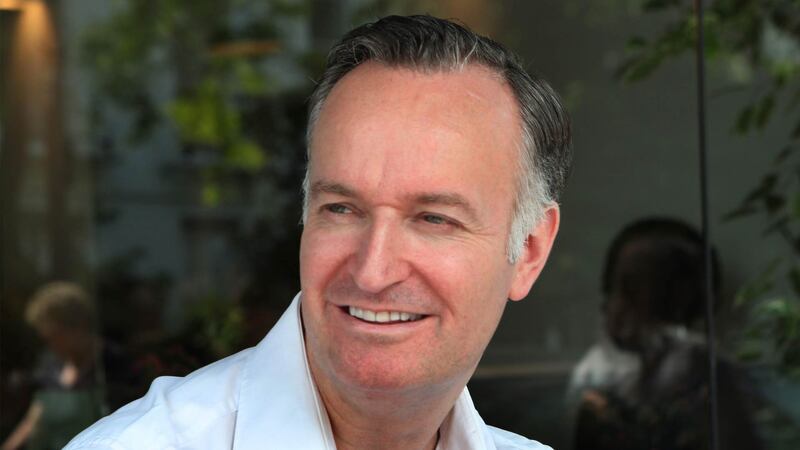You are viewing your 1 free article this month. Login to read more articles.
IPG 2024 Autumn Conference dominated by AI and licensing discussions
This year’s IPG’s 2024 Autumn Conference was dominated by a conversation around licensing and Artificial Intelligence (AI). A large academic contingent was in attendance.
The event took place on 17th September at The Shaw Theatre in London and opened with a keynote speech by the BBC’s chief economics correspondent Dharshini David, who gave a broad overview of the UK economy and the challenges and opportunities for businesses. Jenny Broom and Rachel Williams, the co-founders of Magic Cat Publishing, followed with a talk on how they built a children’s publisher while maintaining a balance as working parents.
The first in a series of AI talks addressing both trade and academic publishers also took place in the morning. Cambridge University Press’ (CUP) Briar May addressed licensing and AI in the context of academic and professional publishing, discussing CUP’s “opt-in” approach. This involves asking for the consent of all authors and rights-holders before licensing their content to providers of generative AI technologies.
May highlighted the importance of setting out “clear principles and parameters” for licensing academic writing and outlined some potential contractual protections—such as reputation damage provisions and sub-licensing restrictions—that could help protect rights-holders. She said that the team at CUP has been “incredibly impressed by the opt-in rate” and explained that they were “not expecting it to be this high”.
On the trade side, Vicky Hartley of Watkins Media spoke about the Storywise AI tool, which allows publishers to organise submissions by authors and discover manuscripts that may otherwise have remained hidden due to the volume of submissions received. Meanwhile, Publishers’ Licensing Services c.e.o. Tom West discussed draft collective licensing plans and how they can be used by publishers to protect copyrighted works and ensure rights-holders are compensated when these works are used to train AI models.
Audio, podcasting and the future of the creative industries were also topics of conversation at this year’s autumn conference, with Alastair Campbell delivering one of the keynote speeches. The co-host of The Rest Is Politics podcast and the former government director of communications spoke about how publishers can help facilitate change by engaging with “every level of the government” to educate politicians on the economic and cultural value that the sector contributes to the UK.
“If you’re engaging with the government, before you get to engage with them, you’ve got to see things from their big picture,” Campbell told the independent publishers in the audience. “You’re pushing at an open door in terms of the economic, the cultural, the social benefit that the creative industries can bring to the country. But is that so cemented in the mind of every politician in the country the way, say, the NHS is? I don’t think it is.”
Campbell also spoke about the success of the podcast which he co-hosts with cabinet minister Rory Stewart, saying that there is a demand for in-depth analysis and “disagreeing agreeably”.
Distribution challenges faced by the industry were addressed by Ingram’s David Taylor. He discussed the changes in the landscape over the past year, with distributors closing at a time when more books are being published and demand for services is up.
Cashflow and financial management were also a topic of conversation at the conference, with sessions addressing both the state of the economy and how businesses can go about seeking funding and attracting capital. The conference also included talks on sustainability and accessibility, as well as strategies to boost children literacy and trends in the library sector.





